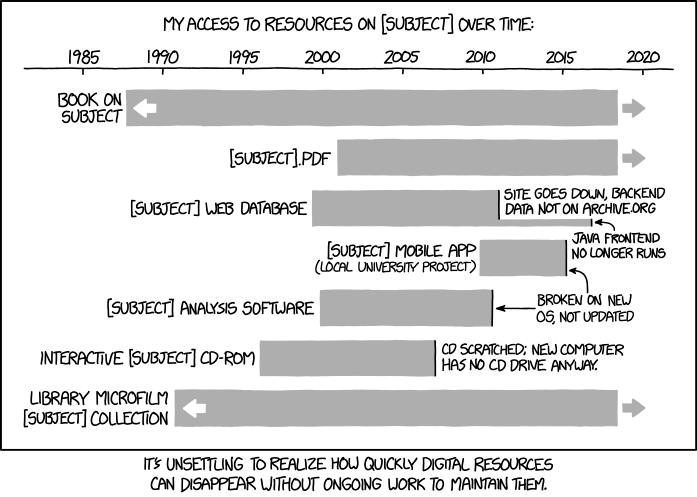This again about that pesky new legislation that just won’t go away not even before it will be legally-effectively enforced [as you know, the thing has been around already for a year and a half, but will only be enforceable, in pure theory, per upcoming May 25th but your mileage may (huh) vary greatly – when Risk = Impact x Chance [don’t get me started on the idiocy of that, as here of 2013, Dec 5th – Gift time!] the chance is Low of Low and Impact can be easily managed down, legally yes don’t FUD me that will be the truth, the whole and nothing but it. So it will be legally effective but not in any other sense let alone practically].
For those interested, there’s this piece on Profiling. That has, on p.16 last full para (‘systems‘ that audit ..!?), p.19 3rd para from the bottom “Controllers need to introduce robust measures to verify and ensure on an ongoing basis that data reused or obtained indirectly is accurate and up to date.“, p.30 in full and many other places, pointers towards … tadaaa,
Auditing AI
with here, AI as systems that process data – as close to ‘systems’ in the cybernetic sense as one may get even when needing the full-swing wormhole-distance turn of the universe consisting not of energy but of information to abstract from the difference between info and data.
Where I am developing that auditing of AI systems as a methodologically sound thing. And do invite you to join me, and bring forward your materials and ideas on how to go about that. Yes, I do have a clue already, just not the time yet to write it all up. Will do soon [contra Fermat’s marginal remark].
Oh and then there’s the tons of materials on how anyone (incl corporate persons) will have to be able to explain in no complex terms (i.e., addressing the average or even less clever) how your AI system works…
So, inviting you, and leaving you with:
 [What corks are good for, well after having preserved good wine – decoration. Recycle raw materials, don’t re-use data! Ribeauville]
[What corks are good for, well after having preserved good wine – decoration. Recycle raw materials, don’t re-use data! Ribeauville]
 [Noooo, not those classics again! Saltzb’]
[Noooo, not those classics again! Saltzb’]








